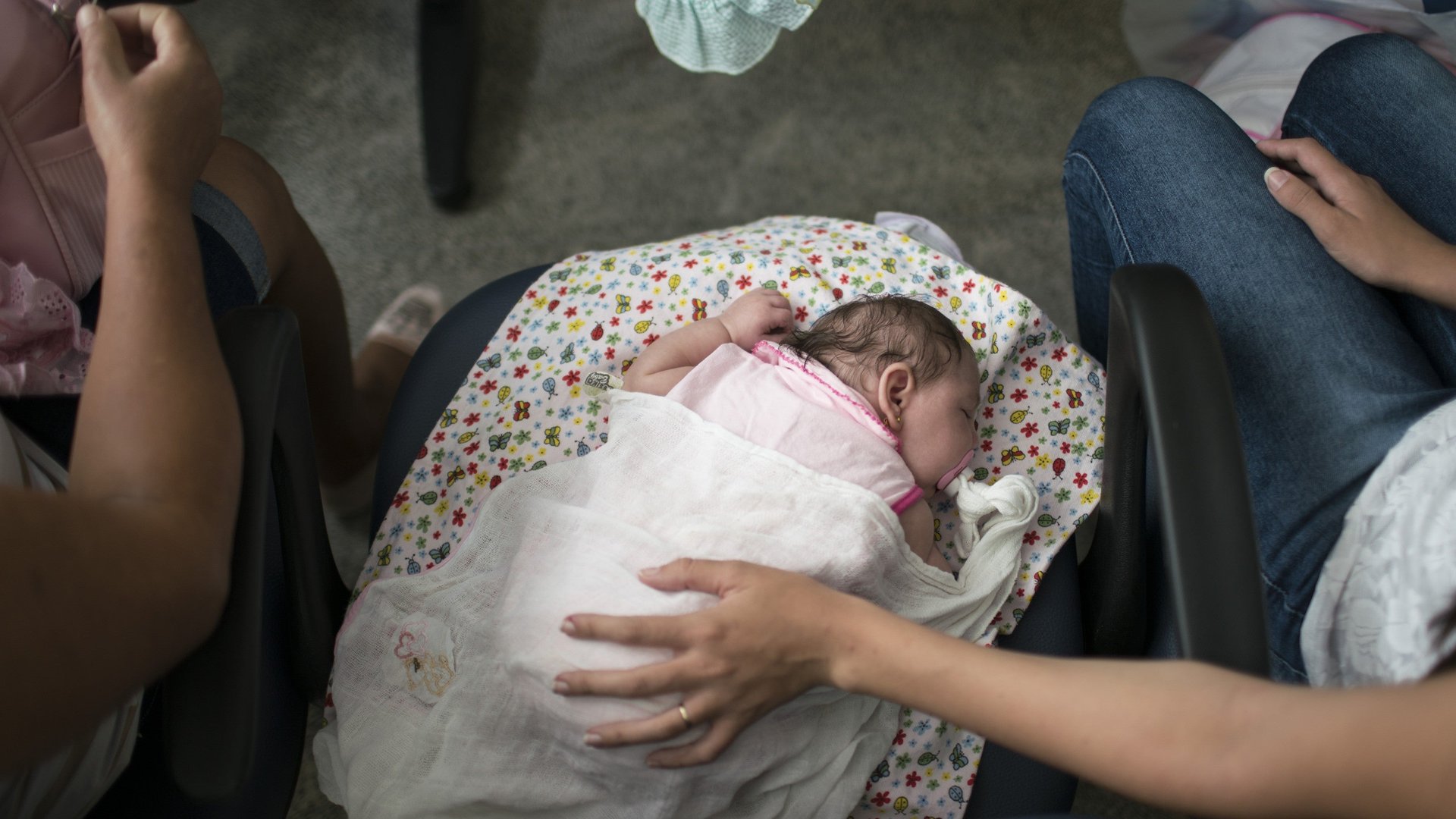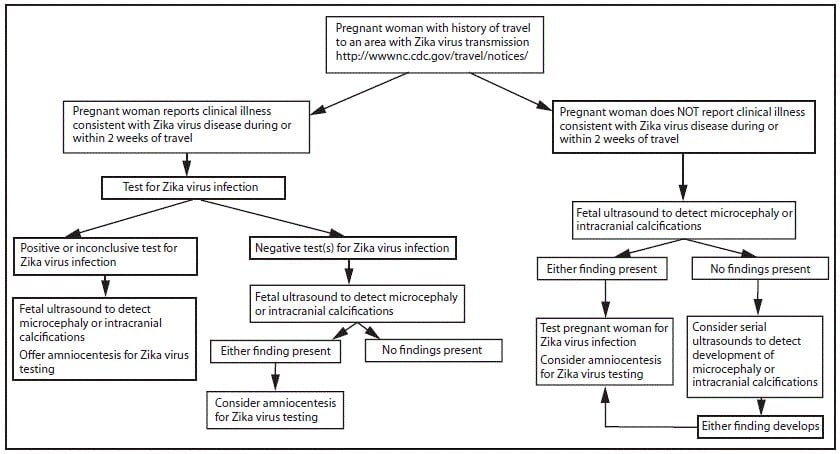US health officials are warning pregnant women to be on the alert for the Zika virus
Pregnant women in the US are officially being warned to watch out for the Zika virus, which appears to be harmful to fetal brain development, and which they might have been exposed to if they have recently traveled outside the country.


Pregnant women in the US are officially being warned to watch out for the Zika virus, which appears to be harmful to fetal brain development, and which they might have been exposed to if they have recently traveled outside the country.
The US Centers for Disease Control (CDC) confirmed last week that at least eight Americans have tested positive for the Zika virus since Jan. 1. These people had all recently returned from travels abroad, including Latin America, where the Zika virus is currently exploding in Brazil. On Jan. 15, the CDC issued Zika-related travel warnings for US residents going to Mexico, Central America, South America, and the Caribbean. Now, it is recommending that pregnant women get tested for the virus if they feel sick and have recently visited a locale covered by the travel warnings.
What’s scary about this mosquito-borne virus is its apparent link to severe birth defects, especially microcephaly, a neurological condition that prevents the development of a full-sized brain. Microcephalic infants are born with abnormally shaped heads and often die young. Cases of microcephaly multiplied 10-fold in Brazil in 2o15, which health experts attribute to the surge in Zika infections. However, data on the virus remains scant, and its apparent connection to microcephaly has not yet been studied conclusively.
Unfortunately, testing an individual for Zika virus is not a cut-and-dry matter. According to the CDC, 80% of people with the virus don’t experience any noticeable symptoms. And as Vanderbilt University doctor William Schaffner told the New York Times, a handful of standard tests for the virus are known to result in false positives, while others—such as amniocentesis—cannot be conducted in the early stages of pregnancy. Schaffner also said that the nation’s hospitals and testing centers don’t have the capacity to test all the women who probably need to be tested. That’s likely why the CDC’s recommendation is for women with symptoms to seek testing, despite the knowledge that the majority of Zika patients won’t have any symptoms.

There is no treatment for Zika, though researchers in Brazil are urgently working to develop a vaccine.